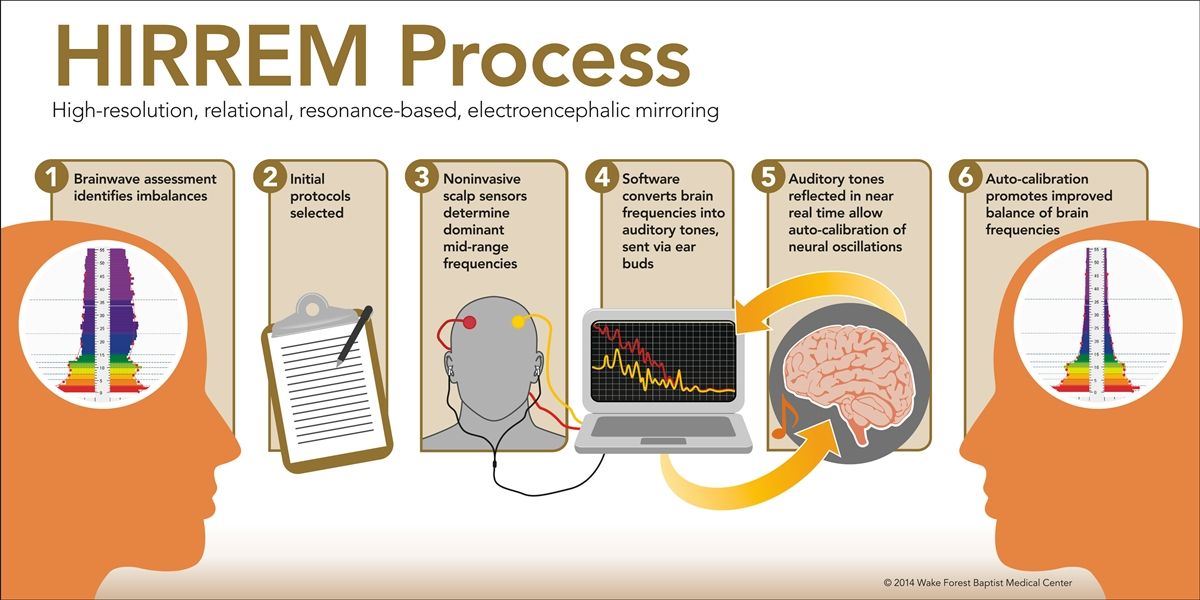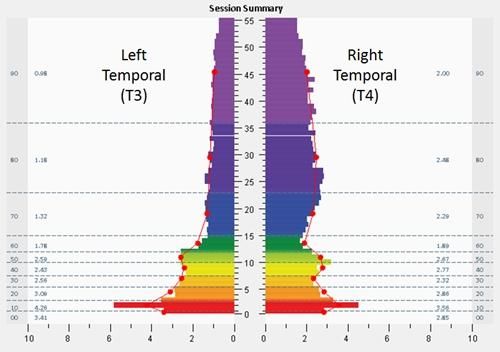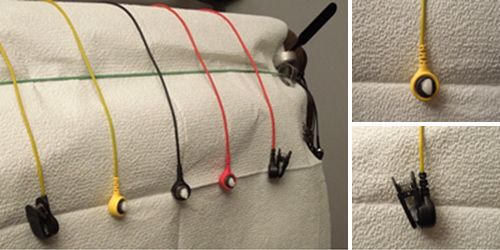For those that suffer from it, Post-Traumatic Stress Disorder can be one of the singularly most debilitating things imaginable. Brought about by surviving traumatic events (hence the title), some of the earliest research into the phenomenon is what gave us the diagnosis of "shell-shock" within soldiers, dating all the way back to as early as the First World War.

As we've studied the disorder more and more over the last few years, we've learned that it can affect a number of victims, from people who've suffered sexual assault, traffic collisions, and other threats on their lives. The results are often mentally crippling, and can cause people who suffer from PTSD to constantly experience a sudden onrush of a "fight-or-flight" feeling when no danger is actually present.

It's estimated that nearly 9% of U.S. citizens develop PTSD at some point, and that number's only expected to climb. However, researchers think they might have actually found a treatment for it, and strangely enough, the solution is to listen to your brain. Literally.
According to New Atlas, the new study was conducted at the Wake Forest Baptist Medical Center, and largely involved using a technology called high-resolution, relational, resonance-based, electroencephalic mirroring (HIRREM). To put it simply, it's a new kind of technology that places sensors on a patient's head, takes readings of the electrical signals in their brain, and then transmits the frequencies to a computer.

From there, the frequencies are translated into sound and played back almost immediately, which means patients can literally hear their own brain activity. Why, you might ask? Well, it turns out that the brain can actually sense something's wrong with it when it hears these sounds, as a PTSD-afflicted brain will project a "loud sound pattern." Upon hearing this, a person's brain will try to correct itself for a more "quiet pattern."

This technique was tested on 18 people suffering from PTSD over the span of 12 days, and the results were very promising: people found that they had reduced levels of insomnia, anxiety, and other symptoms of the disorder. Best of all, this lasted without regular treatment for nearly six months! Researchers are still investigating, but this could be a huge breakthrough.
What do you think of this experimental new treatment for PTSD?

